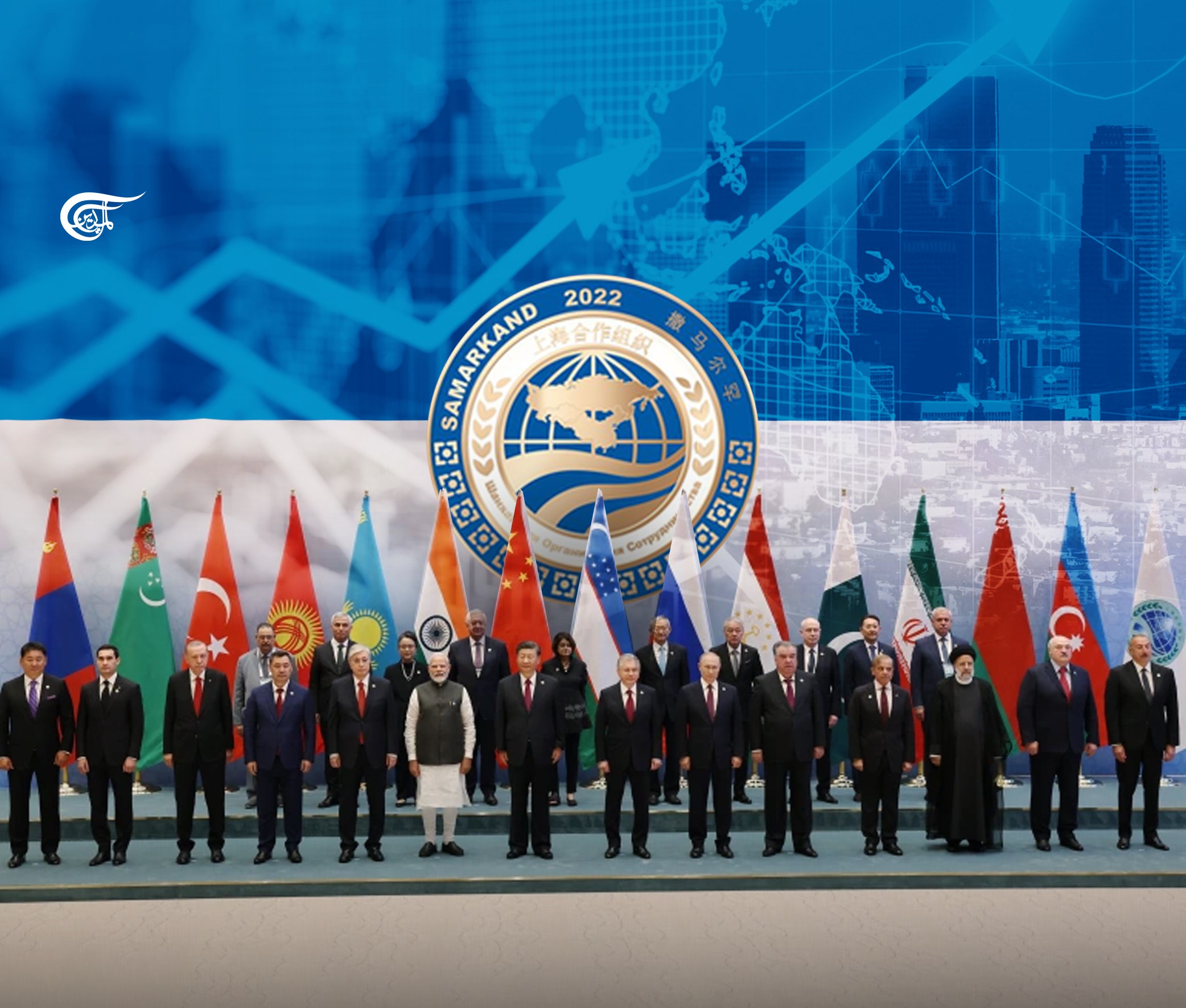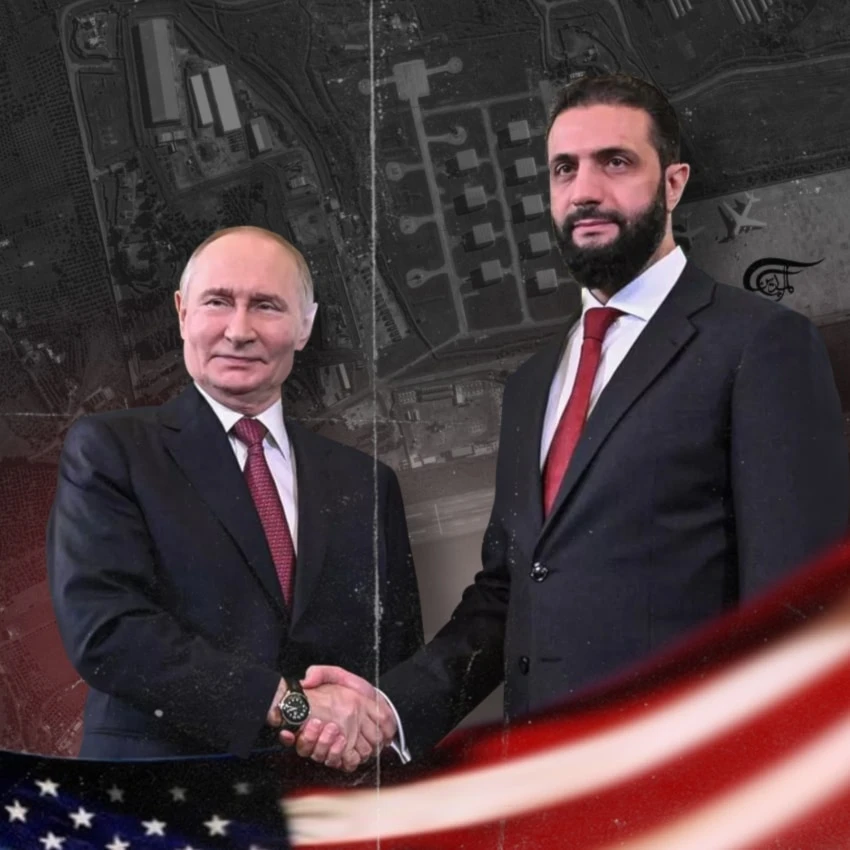What is the significance of the recent Shanghai Cooperation Organization meeting?
With countries previously failing to follow through with their financial independence, the global landscape has now changed fundamentally with the emergence of superpowers such as Russia and China.
The 2022 SCO summit took place on September 15 this year in Samarkand, Uzbekistan. SCO stands for the Shanghai Cooperation Organization and is a Eurasian political, economic, and security organization. It is, in fact, one of the world’s largest organizations, compromising approximately 60% of Eurasia, 40% of the world’s population, and 30% of the world’s GDP. Current members include Russia, China, India, Iran, Kazakhstan, Pakistan, Kyrgyzstan, Tajikistan, and Uzbekistan. There are also a number of dialogue partners such as Nepal, Turkey, and Sri Lanka, among others.
Some of the key outcomes of this meeting included the development of Russia’s ongoing strategic partnership with China through a commitment to increase bilateral trade between the two countries. Putin was quoted by TASS as stating that trade between the two countries may reach $200 bln by 2024. Discussions at the SCO summit revolved partially around the Power of Siberia 2 pipeline and transporting gas from Russia to China through Mongolia.
Furthermore, Russia was approached by Pakistani President Shahbaz Sharif regarding a potential gas pipeline from Russia to Pakistan. Russia and Iran have also strengthened their strategic partnership in recent months and have signed economic and military agreements according to the institute for the study of war. Furthermore, economically speaking, Iran has increased the use of the Kremlin’s Mir electronic payment system to replace the SWIFT system from which Russia has been banned. In addition, several bilateral meetings were held such as between PM Modi and President Ebrahim Raisi and Uzbek President Shavkat Mirziyoyev and Turkish President Recep Tayyip Erdogan.
Clearly, the SCO summit is critical for strengthening bonds between its members and further enhancing the long-term economic development of its member nations, as well as improving the living standards of its respective populations. However, how will this affect countries which are not a party to its membership, such as Western nations? The further development and strengthening of ties (especially economic ones) have occurred outside of the West’s financial framework and infrastructure, and more importantly outside the US dollar, thus, further enhancing the division between Western and Eastern global financial systems. A contributing factor to this has obviously been Western sanctions on countries that they deem “rogue nations”, such as Russia and Iran. Recently banning Russia from using the SWIFT payment systems has led Russia to focus on the development of its own payment systems. The West’s intention to cripple Russia’s economy has not, as yet, been satisfied, and it seems that Russia has moved forward swiftly in establishing its own methods of payments, including the Mir card as an alternative to Visa and MasterCard.
Of course, there have been challenges to Western financial dominance in the past. Previously, Saddam Hussein decided to move away from using the US dollar as the currency for oil exports in 2000, which represented a direct challenge to the use of the dollar as a currency for transactions. Furthermore, Gaddafi had been attempting to create a pan-African “hard currency” that the West considered to be a threat to the financial security of the world. These leaders were removed under the guise of humanitarian reasons and concerns. Clearly, these countries did not have the power and force to follow through with their financial objectives alone. However, the global landscape has now changed fundamentally with the emergence of superpowers such as Russia and China. By establishing the SCO, they have secured a collective challenge to Western dominance in the economic and political sphere. Given the historical events, it seems that this is the only way for countries outside the Western periphery to challenge its dominance.
It remains to be seen how the West will react to such a direct challenge to its global dominance. Undoubtedly, it may seek to secure regime changes across countries that align themselves with the East rather than the West. However, given the consolidation of support that the SCO has so far garnered, this may not be as easy to achieve. The West has not, despite its best efforts, managed to secure government change within Russia following Russia’s special military operation in Ukraine, just as it was unable to secure government change in Syria. With emerging superpowers such as Russia and China monitoring the political landscape, this poses a direct challenge to the West’s perusal of its objectives internationally.
One must also consider how the establishment of an alternative economic zone could affect the economic development of Western nations themselves. Will a Eurasian economic zone directly compete with a Western zone? We have already seen that Western companies have decided to outsource a significant proportion of manufacturing to the East. Do two polarized zones render it likely that the West will start investing in its own manufacturing capability? Will this work in practice given the current explosion in energy prices and consequent increased costs of production experienced by Western companies?
It appears that undoubtedly the world will become increasingly polarized. However, I cannot help but think that there certainly may be benefits of a division between the East and the West. Most importantly, it will signify the end of Western global dominance and the ability of nations to have the freedom to pursue their own ambitions, both politically and economically, which may ultimately benefit the living standards and quality of life of the populations within those nations.
Each country should have the freedom and right to do this, just as Western nations have done historically. One country’s development and prosperity should not be at the expense of another’s, and each country should have a fair and equal opportunity to pursue its own success unhindered by sanctions and other forms of domination and control.

 Natalie Jones
Natalie Jones
 6 Min Read
6 Min Read










